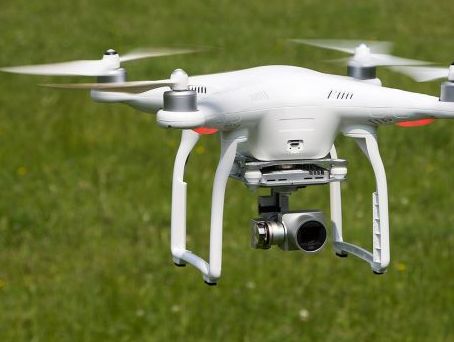
EASA publishes proposed standards for certification of light drones
The European Union Aviation Safety Agency (EASA) has published a proposal of airworthiness standards for the certification of the vast majority of light unmanned aircraft.

The European Union Aviation Safety Agency (EASA) has published a proposal of airworthiness standards for the certification of the vast majority of light unmanned aircraft. These standards will contribute to the safe operation of drones for a wide variety of services, such as parcel delivery in urban environments, railways and power lines inspection or delivery of essential supplies into crisis zones.
The proposed standards, now open for public consultation, are known as Special Condition Light UAS and will be applicable to unmanned aircraft under 600 kg operated in the specific or certified category in accordance with regulation (EU) 2019 / 947, which enters into force on December 31, 2020. Most drones currently under certification in EASA will adopt this certification basis.
“This proposal forms part of EASA’s wider initiative to ensure drones can be operated safely and acceptably, particularly in areas which are densely occupied by people and moving or static objects,” said Patrick Ky, executive director, EASA.
“With large parts of the economy looking at ways to use drones to streamline their operations, it is essential that we have strong rules in place to ensure there is no danger to people or property from drone usage, and that noise levels are acceptable. It is our job to ensure that Europe’s citizens are kept safe as drone use increases,” he added.
Setting certification standards for drones presents particular challenges. Design concepts vary hugely, technologies develop rapidly and there is a strong economic pressure to bring new products to market quickly.
While committed to ensuring safety, EASA is taking a flexible approach by defining certification requirements which are objective and proportionate to the risk of the operation, an approach well suited for such an innovative product segment.
Detailed means of compliance will be addressed in a second phase, but, due to the expected variety of products and operational concepts, a strong link will remain with projects and EASA will continue to assess proposals from applicants.
Publishing of the proposal for the future certification basis is expected to stimulate new design and certification initiatives for drones and to contribute to the safe integration into populated environments of Beyond Visible Line of Sight (BVLOS) operations, where the remote pilot cannot actually see his or her drone.

